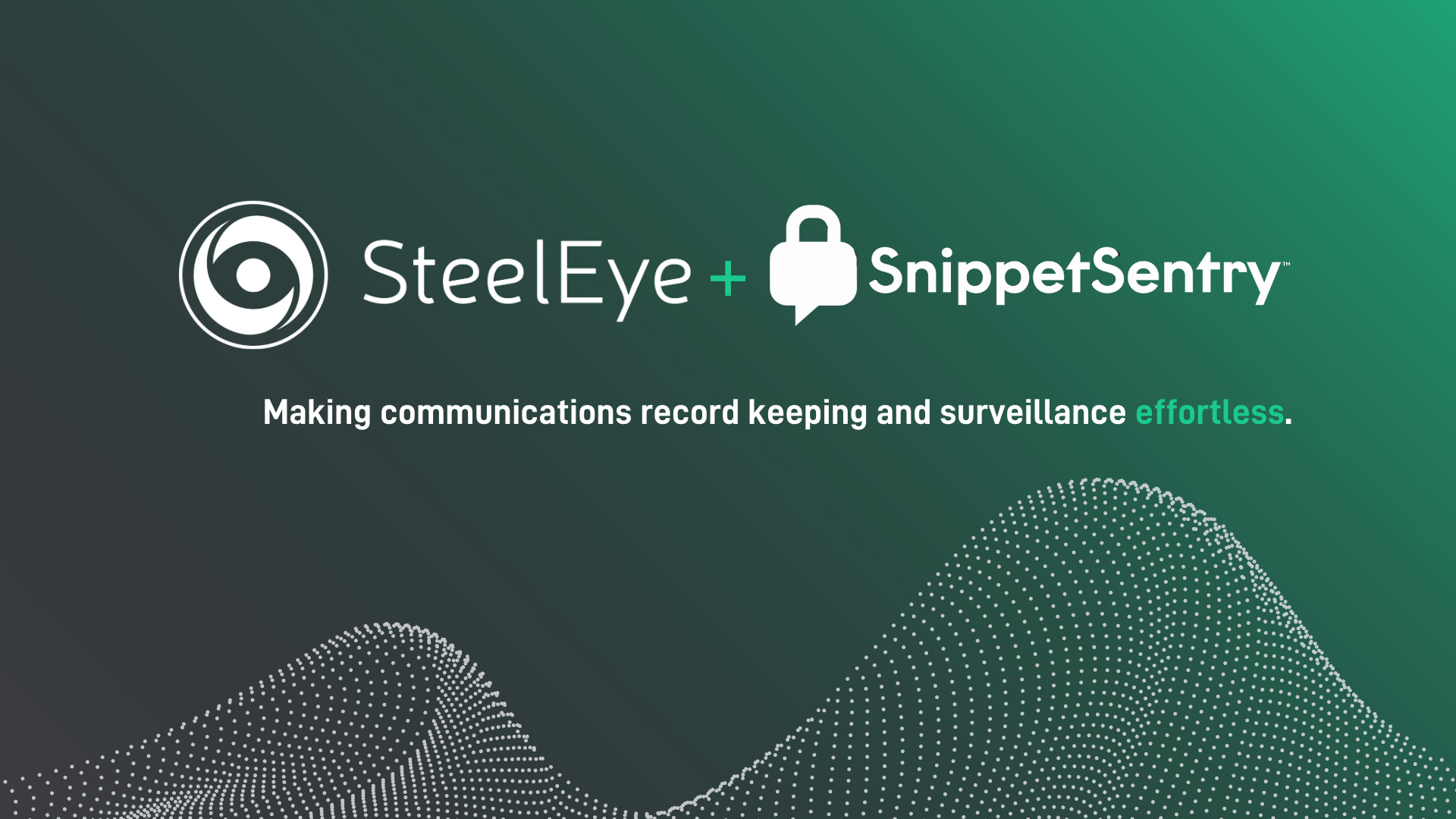FINRA Rule 2020, "Use of Manipulative, Deceptive or Other Fraudulent Devices", prohibits members to “effect any transaction in, or induce the purchase or sale of, any security by means of any manipulative, deceptive or other fraudulent device or contrivance.”
Under FINRA Rule 3110, "Supervision", firms are required to establish and maintain a system to supervise the activities of its personnel in order to ensure compliance with the applicable securities laws and regulations and FINRA rules.
Under FINRA Rule 5210, "Publication of Transactions and Quotations", FINRA prohibits the publication of any transaction, buy or sell, unless it is believed that the transaction is a bona fide purchase or sale. Additionally, a member cannot quote a bid or ask price for a security unless it too is considered a bona fide bid or ask.












